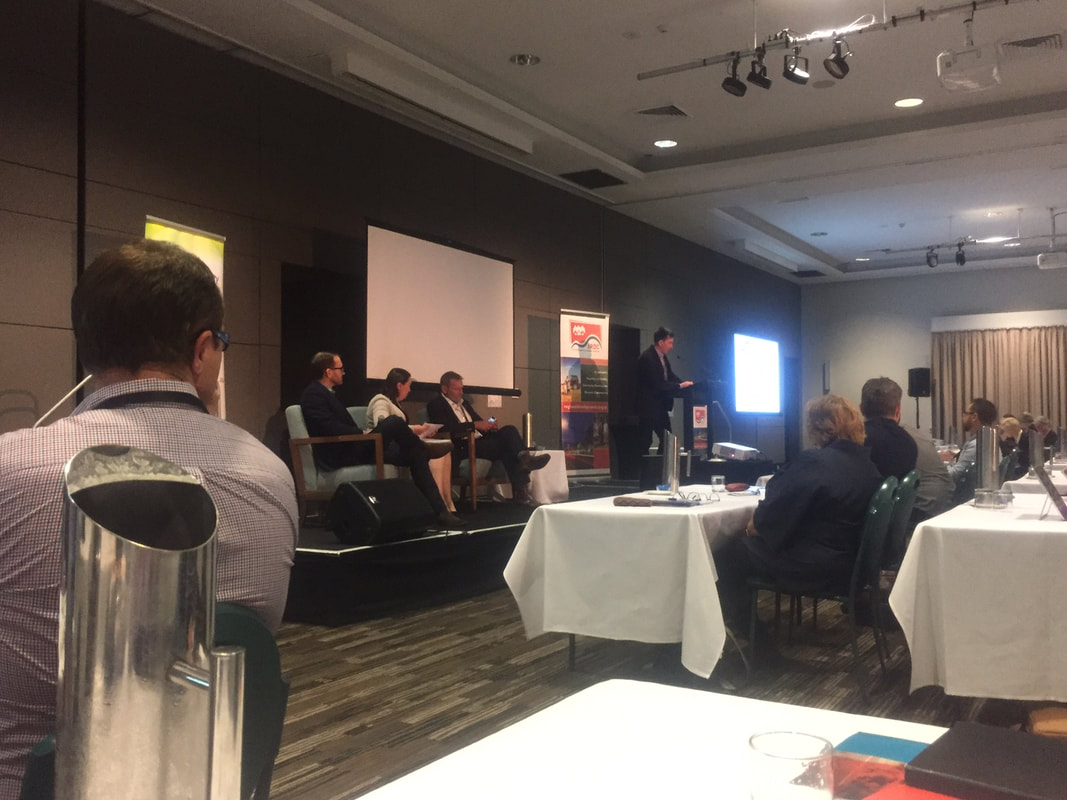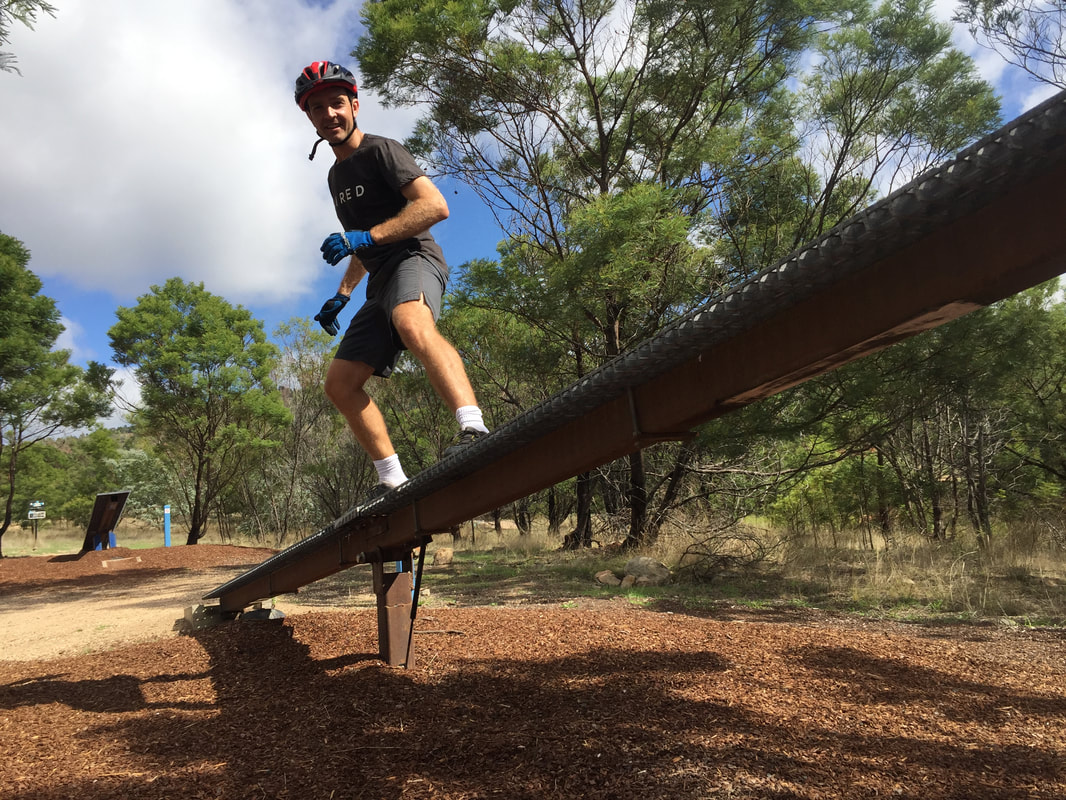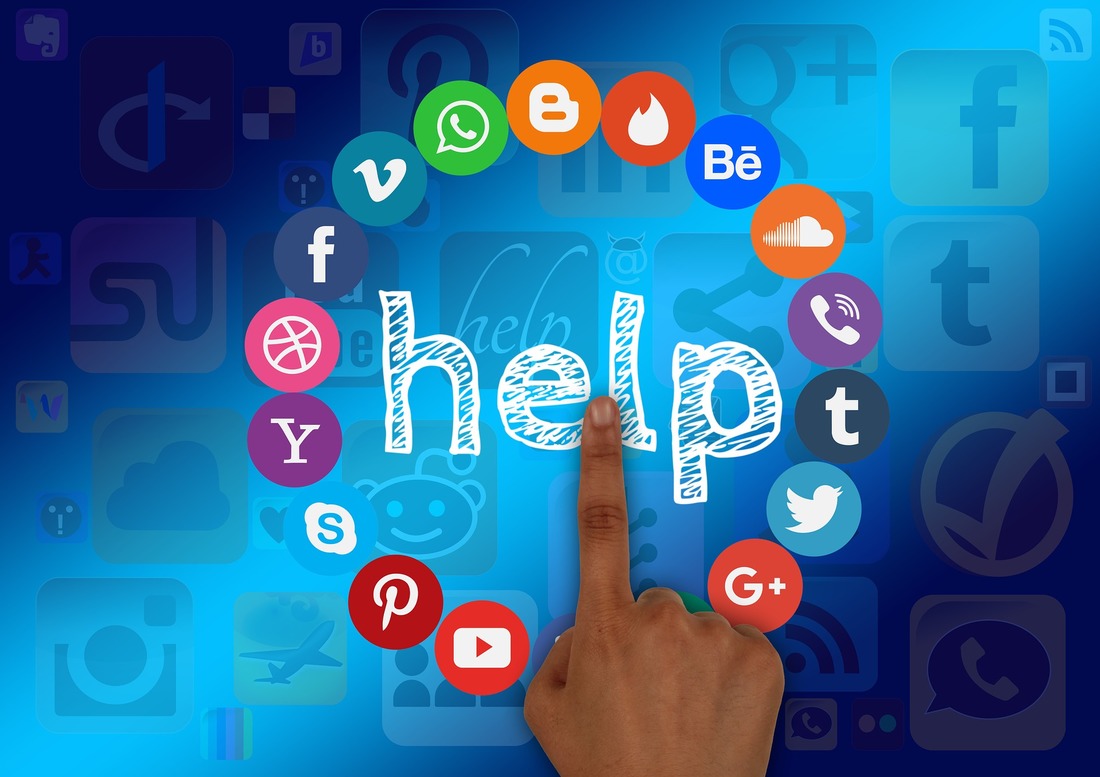|
I enjoy going to conferences, although some are often far better than others because of the theme or approach of the organisation to a certain topic or area of shared concern. Recently, I went to my first regional development conference. I’d been on their mailing list for years and despite having conferences in some cool locations, I’d never been able to get to one before.
This year however, was different and I was given the opportunity to speak at the conference around starting tech business in regional NSW. Given the icy gale force winds we’d been experiencing lately, I was excited to escape to the warmth of Coffs Harbour for a couple of days. I admit that I missed the morning session of the first day. After landing in Coffs late the night before, I’d been frantically working on polishing my presentation for the next day. I then managed to sleep till 6:30am before getting up and jumping straight back into it. After a few more practice runs of the presentation and the ever-annoying last minute reformatting to PowerPoint to make sure it all worked whatever the setup was, I headed in. There was a vibrancy to the gathering which was exciting and the range of speakers was excellent, covering diverse topics affecting our regional communities from infrastructure to economic development to social demographics. Thus, there was something quite specific for everyone. Some of the most interesting sessions I attended explored the way in which regions were growing and the reasons behind the growth. There’s this massive myth that unless you’re living in a major city in Australia, you’ll never be able to be really successful, yet what does that even mean? Years ago when I started another business, someone said to me, ‘So when are you moving to Sydney?’ My reply was, ‘Why would I want to do that? I’d just have to sit in traffic all the time and waste all my money on rent!’ This is a key problem owning or working for a city-based business. Why would I want to waste all my time sitting in a car in stop-start bumper to bumper traffic when I can have a 10 min commute to town on foot? Added to this when you figure in the relatively low cost of air travel from most of our regional airports to our capital cities, then why would you bother living in a cramped studio apartment in which you can’t swing a cat, when you could live in a large house in the country where you can swing as many cats around as you like! Not sure why you want to swing the cat around, but you get the picture. However, regional towns are not just about a better lifestyle, which is now being easily afforded to digital entrepreneurs and those who don’t need to operate a traditional ‘shopfront’ style business. The most important part of being in a regional town is that of community. The sense of community and the opportunity to be part of something much greater than yourself is massively beneficial to yourself, your family and happiness in general. The days of regional towns being isolated by tyranny of distance, are quickly disappearing and the opportunities for jobs, business and being part of the community continue to grow. For me, meeting other business people from different regional centres around Australia was a refreshing experience and a reinforcement of what I hold to be so true. You can establish and run global businesses from regional Australia and have both a lifestyle you can enjoy and the opportunities for a global presence. Now all you need is a real world problem to solve or a customer’s need to fulfil, a fast, reliable internet connection, a few strong lattes and a massive amount of determination and persistence. You’re on your way to building an amazing business from a wonderful place in which to live.
2 Comments
Work satisfaction is always an interesting challenge. Often people are in jobs just because of the money and I cant’t criticize that as a motivation. After all, people need to live. However, what do you really want to be doing? A vitally important question for those looking at jobs, looking at careers, and setting goals is “Do you really want to be working in the job you’re in?” Or do you want to be doing something else? Often we look at other people’s jobs and think, ‘Wow, that looks amazing! I really want to be doing that!’
However, job envy is an interesting problem. For example, often people look at the work I’ve done over the years and say to me, ‘Oh, you have the best job!’ You work in the best location.’ Some of the time, they’re quite right, because I’ve shaped the way in which I’ve worked, to be in jobs and locations that I’ve really enjoyed. However, sometimes no matter how fun the job might appear, due to of the culture within an organisation, it can be a horrible place in which to turn up to work everyday. The best job I had to date, was as Director of Outdoor Education for a Victorian School. Unfortunately, it was only a long service leave replacement role and for some reason, the person I was replacing wanted his job back!! Unbelieveable!!! When I started this job, I was thrown in the deep end. It was the busiest time of the year. All the camps and activities were happening one after the other. I had three weeks to prepare the entire program for hundreds of students and staffing to match, the remaining six weeks were to run the program. It was intense! A non-stop ride, as I was responsible for three campuses. It meant back to back meetings, travel, reccies, risk assessments, medical reviews and a wide range of other preparations to ensure everything ran smoothly. However, despite the long hours, I really enjoyed the job. Another intense job I had, was on a winter snowsports program and it was fantastic. We were up first thing in the morning, had breakfast, drove to Thredbo, skied the morning, drove back down to Jindabyne and had lunch before teaching classes until 5 o’clock. There was a short break between the end of lessons and dinner, then back into prep for the evening. This was a relentless job, but what made it enjoyable was the team with which I worked. In another outdoor education role I had many years ago, the culture within that school was so toxic and so destructive that no matter how enjoyable the activities might have been, it was horrendous to go to work everyday. The bottom line was that staff weren’t valued. When there were important issues to discuss, staff members were ignored and marginalised. This led to resentment and total dysfuntion within the organisation. Ultimately, it was a situation where you had an insanely enjoyable program in which we ran mountain biking, kayaking, sea kayaking, hiking and an enviable fitness program over six months, but as the culture grew more toxic, it didn’t matter how much fun it could have been. It ended up completely unfulfilling. Sadly, people employed to help the social and emotional development of teenagers, were totally incapable of growth themselves. When you have incompetent managment within an organisation, it destroys teams and destroys the integrity and character of a workplace. What I came into years before, which was a happy and exciting place in which to work, turned into a miserable, arduous, horrendous place that was turning over staff faster than you could blink. As you can see on the outside, being able to turn up to work everyday in shorts and a t-shirt, teach a few lessons then go for a bike ride sounds fantastic! At one point it was. However, throw in poor management and a toxic, cancerous culture, then no matter how good it looks on the outdside, the rotting core destroys the organsiation from within. The end result for us was that the programs being run were only ever half-assessed and from an educational point of view, quite ineffective. So, one of the really critical things you need to consider whenever you’re looking at a new job or re-evaluating your current one, you have to enjoy what you’re doing because enjoyment and fulfilment sparks the next level of commitment. It sparks you to have ideas. It enables continuous improvement and it enables growth within an organisation. As that organisation grows and flourishes, so can everything else about your life. However, if you stay in a job just for the sake of the money, no matter how good that money is, eventually, you’ll end up bitter and twisted and resentful only damaging your life and the lives of those around you. Are you happy at work? Is your job fulfuling? Are you feeling that what you’re doing everyday is important and valued? Or are you just collecting money? When you can honestly answer these questions of yourself, then you’re ready to assess how worthwhile what you’re doing truely is. If it’s just for the money, it’s time to start looking for new opportunities. However, if you feel valued and enjoy what you do, then you’re already in the right place!
As with all revolutions, phenomenons and fads, there’s an exciting lead up period. There’s a booming peak before the steady decline towards normalisation. Eventually, people fall back to what they know best and how things were in the past. Whilst some things will have changed, other things will feel different. However, in the case of social media and especially those people who have become social media ‘stars’ simply by lifting their shirts, uploading stupid videos of their cats or some other similarly pointless exercise that for five minutes some people find funny, there’s got to be a point at which people’s interest fades and popularity declines. It’s like the life cycle of a child’s superstar on steroids! They’re in movies, on TV, splashed over the cover of trashy magazines and super popular for this brief fleeting moment in time. But then, their popularity wanes. People become disinterested and they don’t have the requisite skills to be able to cope with the lack of attention. Often, they turn to alcohol and drugs as a coping mechanism when they realise what little substance there is in their lives. This can be a fast decline into irreparable emotional damage, with many a child star ending it all at their own hands. A hefty price to pay for those fifteen minutes of fame. The benefit and curse which social media has created is that it increases people’s ease of access to a world of attention, but at the same time exposes them to the swift brutality of the decline. The decline can happen just as rapidly as it kicks off, so you could be an instant hit on Youtube. You could be an instant hit on Instamagram or any other social media platform, but what happens when your posts don’t get as many likes? Do you just start deleting them? What happens when you don’t get as many views? How does that make you feel? Why have people turned away from you? Five minutes ago, you were on top the world, now you’ve been replaced by a cat falling from a table. The song Don’t Cry for Me Argentina comes to mind because Eva Perón is this very naïve woman who becomes engulfed in the fascist machine of Argentina through her marriage to Juan Perón. All is wonderful for her and the country, until it’s not. Her public image hid the true horrors of her husband’s brutal regime. Now social media provides the flawless front to soulless money making machines, prepared to chew up lives without a second thought. The danger that comes with those living their lives through social media and being totally reliant on this for their window to the world, is that they become disconnected from reality and being built up only to fall horribly. Social media mightn’t be the fascist dictatorship that causes people to disappear in the same way that was seen in Argentina, but it is a machine. Despite the window dressing of equality and democracy of expression, the reality is that it’s designed to exploit people. It’s designed to get you addicted. It’s designed to manipulate your emotions and ultimately it’s designed to make money. Whilst marketing has its place, the unethical ease with which young people can be built up to be a ‘star’ and then promptly trashed by the machine is a blight on society. Many young users might not be aware of the fact that what they’re experiencing is just a temporary, shallow and empty cycle and in the end, they’re unable to adapt when their posts start to get less likes and interest in them fades away. This unfortunately leads to increased mental health issues over the long-term, as the rapid burn of internet popularity, quickly fizzles out. To combat this, it’s important for young people to have a range of life skills and relationship skills which have been developed in the real world. If you have the skills to develop positive and healthy relationships, contribute to your community in a meaningful way and have the ability to think, adapt and grow through working with others, then you can safely use social media as a tool, levering the technology to your advantage. This way, you’re not at the mercy of the soulless emotional roller coaster that is trashing so many young lives today. If you approach the world of social media with the understanding that, like all other technology, it’s only a tool and not the be all and end all of life, then no matter how fast your social network grows, you’ll always remain grounded in the fact that at the end of the day, likes are just a meaningless gesture that require no real thought, but time spent with real friends, experiencing real things is priceless. |
Archives
December 2017
Categories
All
Head over Here For My Outdoor Ed Blog - Challenge, Experience, Growth! |


